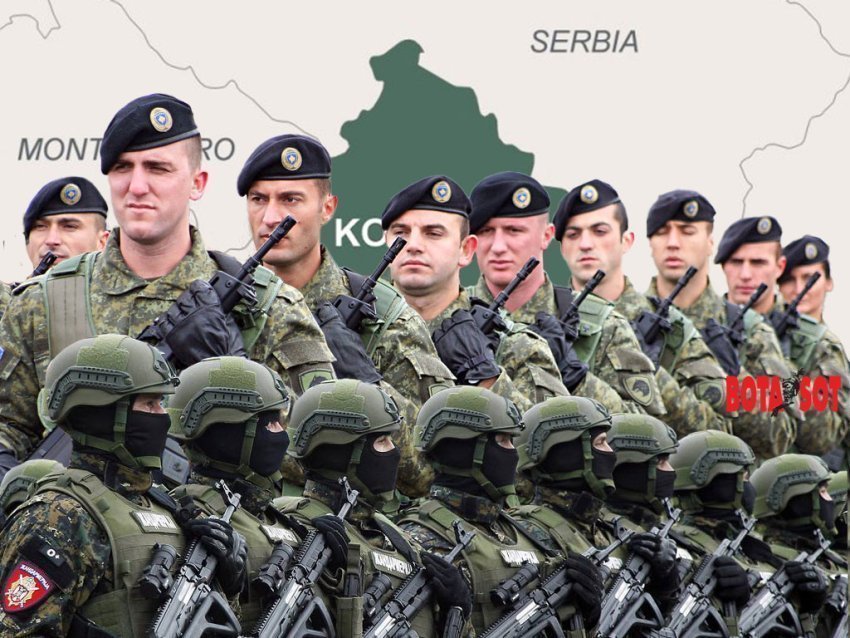According to a recent report by the Youth Umbrella Organization of Serbia (KOMS) and the Trag Foundation on the position and needs of youth in Serbia, 31.7% of Serbian youth believe that the country should “reclaim full control over Kosovo through military means at the right moment.” This stance reflects a significant portion of the younger generation’s viewpoint.
To recognize Kosovo, 18.4% of Serbian youth think it should only be done under one specific condition: changing the borders so that the majority of the Serbian population in Kosovo remains within Serbia. In contrast, only 8.5% of respondents believe that recognizing Kosovo’s independence is the best solution.
A slightly smaller percentage, 21.5%, feel that the issue of Kosovo’s status should be deferred and that efforts should focus on reconciliation instead.
The KOMS and Trag Foundation survey also reveals that Serbian youth are highly interested in “national issues” including Serbia’s foreign policy, regional situations, and particularly relations with Kosovo. About 41.4% of them prioritize these topics.
Serbian youth are concerned about the functioning of democracy (47.6%), corruption and crime (46.9%), and economic issues (38.7%).
Attitudes Toward EU and NATO
The survey indicates mixed feelings about Serbia’s Euro-Atlantic integration. When asked about supporting Serbia’s entry into the EU, the responses were evenly split, with 39% for and against, and 42.8% neutral.
Regarding why Serbia is not an EU member, 62.4% attribute it to Belgrade’s refusal to recognize Kosovo, while 59% believe Serbia does not meet all membership criteria. Additionally, 57.8% think Serbia’s delay in joining the EU is due to its reluctance to sever good relations with Russia and China.
On Serbia’s foreign policy, 39% of youth believe the country should continue balancing between East and West, while a quarter think Serbia should lean towards Russia and China. Only 16% believe Serbia should align more with the USA.
Concerning NATO membership, 58% oppose any relations with the alliance, while only 20% support cooperation without full membership.
Reflections on Russia’s Failures in Ukraine
In light of Russia’s struggles in Ukraine, it might be prudent for Serbian youth and policymakers to reconsider the feasibility and consequences of advocating military solutions to geopolitical issues like Kosovo.







